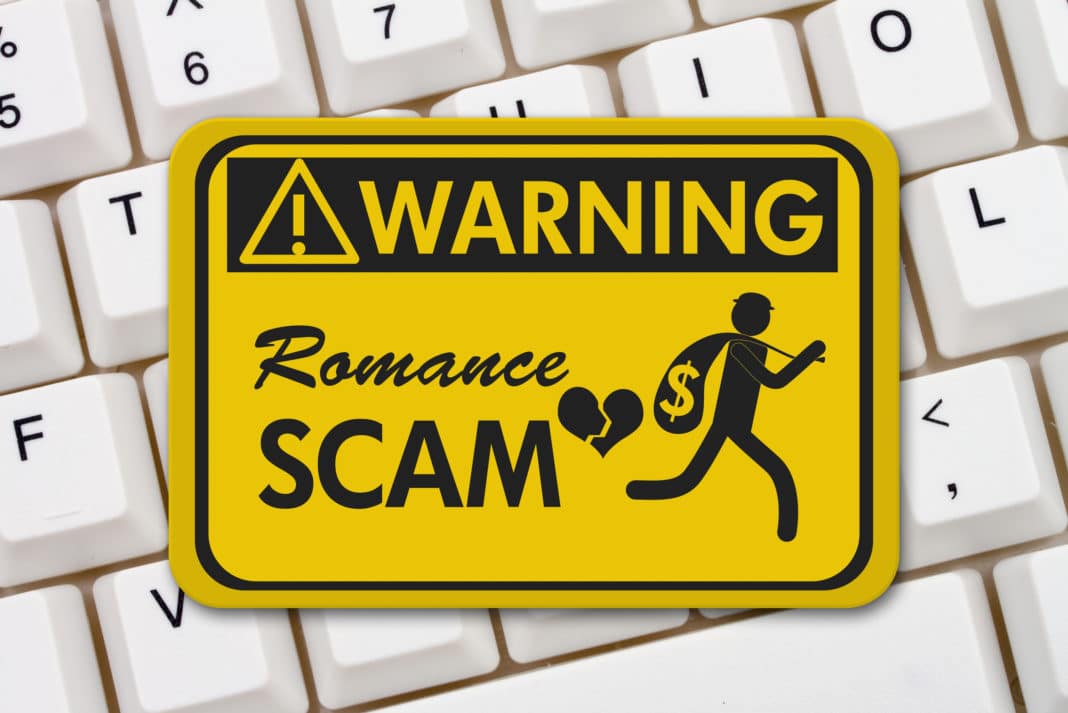AARP Hearing Center
Did you know that someone’s identity gets stolen every two seconds? The AARP Fraud Watch Network provides you with tips and resources to help you spot and avoid identity theft and fraud so you can protect yourself and your family. Our watchdog alerts will keep you up to date on con artists’ latest tricks. It’s free of charge for everyone: AARP members, non-members, and people of all ages. Be a fraud fighter! If you can spot a scam, you can stop a scam. Report scams to local law enforcement. Contact the AARP Fraud Watch Network at www.aarp.org/fraudwatchnetwork for more information on fraud prevention.
The AARP Fraud Watch Network is:
- An Educator: Get real-time alerts about the latest scams, tips on how to spot them, and the inside scoop on how con artists think so you can outsmart them before they strike.
- A Watchdog: Our nationwide scam tracking map gives you access to a network of people who've spotted scams and the opportunity to pass along your own experiences, so together we can beat con artists at their own game.
- A Resource: Get connected to a real live person trained in how to avoid fraud and advise you if you or a loved one has been scammed by calling our fraud hotline or attending a forum in your community.
- Free for Everyone: Anyone, of any age, can access our resources at no cost.

SCAM ALERT #1: ID THEFT AWARENESS WEEK
The first week of February is Identity Theft Awareness Week. It’s a good time to think about a sobering reality: your personal information has been stolen. Many entities have our personal information – credit card and bank account numbers, Social Security numbers, and health-related information – and data breaches have exposed it. So, what can we do to protect ourselves after the fact?
Here are three steps to protecting yourself against identity fraud: 1) Place a security freeze on your credit accounts with the three big agencies so no one can open a new credit line in your name; 2) Establish online access to your financial accounts and monitor regularly (you can typically set up text alerts for activity on these accounts); 3) Use unique passwords for every online account; consider purchasing a password manager that creates complex passwords and stores them securely.

SCAM ALERT #2: ROMANCE/IMPOSTOR SCAMS
February means Valentine’s Day, but romance scammers abound every month of the year. It’s important to understand that a “romance” scam isn’t about romance at all. It’s about people looking for social connection online – whether a dating site, an online game, or a neighborhood listserv. Criminal imposters are more than happy to provide that connection – at great cost.
How can you tell if your new online connection is fake and what can you do if it is? First, be wary of a new relationship with someone who suddenly bestows on you overwhelming affection; this is what criminals call ‘grooming.’ Second, check their photos using your web browser; both Google and Bing offer image search. You may find your Romeo’s picture is actually one of a Marine sergeant’s or from a magazine ad. Most importantly, don’t engage with any financial transaction – this is the biggest red flag and the one that can cost you thousands of dollars and great emotional pain.

SCAM ALERT #3: MONEY MULES
We know that criminal scammers steal billions of dollars every year. But how do they avoid law enforcement tracing all that money? Enter the money mule. A money mule transfers illegally acquired money or packages. The unfortunate reality is that many money mules have no idea they are involved in criminal activity.
Using money mules helps criminals launder money stolen through scams and fraud or other crimes like human and drug trafficking. They add layers of distance between criminals and their victims, making it hard for law enforcement to follow the money.
The Department of Justice has seen an increase in victims becoming involved in money laundering schemes without knowing they were committing a crime. These money mules respond to fake job ads or social media posts promising easy money for little effort. They think they’re making a fast buck legally but don’t know they are helping international criminals launder billions.
If anyone tries to get you to move money in any way – by opening accounts, sending you checks to disperse with a money app, by purchasing gift cards and sharing the information off the back, or sending and receiving cash – walk away.

SCAM ALERT #4: UNEMPLOYMENT SCAMS AND TAX TIME
It’s tax filing season, which means sorting through forms and paperwork. This year, preparing to file may take an unexpected twist for people who suddenly discover they have a Form 1099-G listing the unemployment benefits they received – only they never applied for or received the benefit.
The number of fraudulent unemployment claims have spiked as states have rushed to send out legitimate unemployment benefits since the pandemic took hold. One estimate puts losses at $36 billion.
If you find that someone claimed unemployment benefits in your name, inform your employer and contact your state unemployment agency immediately. Then, visit www.identitytheft.gov and follow the guidance specific to your situation. And make a plan to monitor your credit report moving forward – for free – via www.annualcreditreport.com
Be a fraud fighter! If you can spot a scam, you can stop a scam.
Report scams to local law enforcement. For help from AARP, call 1-877-908-3360 or visit the AARP Fraud Watch Network at www.aarp.org/fraudwatchnetwork.































































